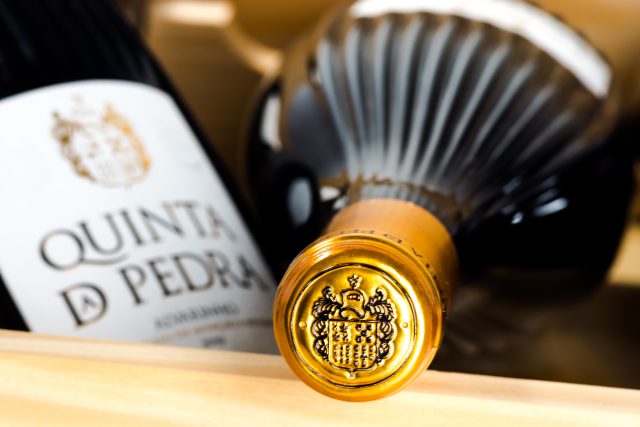Japan and South Korea are bright spots for Portuguese wine
Portuguese wine producers are betting on the potential of two Asian markets — Japan and South Korea — for high-value exports of still wines from the country.

The Fladgate Partnership, founded in 1692 as a Port wine business, has branched out into still and sparkling wines in September 2023 following the acquisition of IdealDrinks.
Adrian Bridge, CEO of The Fladgate Partnership, which produces Taylor’s, Fonseca and Croft alongside its new portfolio of still wines from different regions in Portugal, is hopeful that the country’s reach in international markets is only going to grow. “Any fine wine market is a potential market, whether that be Dubai, Korea or Denmark,” he told db in July for the big interview.
In Asia, Bridge explained that South Korea and Japan both show huge interest in old Alvarinho, and will pay significantly more than most markets for a bottle. Fladgate therefore “favours allocations in those markets” for aged expressions of the grape.
Read the full interview with Adrian Bridge in the July issue of the drinks business.
South Korea is also one of the top 10 sources of visitors to the company’s tourism centre in Porto, which provides an audio tour in Korean, highlighting its importance as the company continues its upward trajectory.
In June, Wines of Portugal took to Seoul to host its Grand Tasting in the hopes of tapping into the growing market.
In 2023, South Korea accounted for more than €4 million in exports of Portuguese wines, which represented 623,000 litres, at an average price of €7.02, according to the organisation.
Partner Content
For Frederico Falcão, president of ViniPortugal, “South Korea has shown a growing interest in Portuguese wine”.

He said: “This interest offers an opportunity for Portuguese producers to establish themselves and gain a foothold in this market. Thanks to their diversity and recognised quality, the Wines of Portugal can attract these consumers, generating an increasing interest in our wine products.”
Japan, too shows great promise, and Tokyo played host to Wines of Portugal in July during a tour of the continent.
Japan accounted for more than €7.7m in exports of Portuguese wines last year, corresponding to 1.8 million litres at an average price of €4.25.
Falcão dubbed Japanese consumers “great connoisseurs of authentic, high-quality wines”, noting that Japan is a strategic market for Portugal and its wines.
“We know that Japan has a very rich gastronomic culture, so there is an appreciation for the perfect harmonisation between wines and food. In this sense, with these actions we are trying to show the authenticity and diversity of Portuguese producers.”
Related news
Castel Group leadership coup escalates
For the twelfth day of Christmas...
Zuccardi Valle de Uco: textured, unique and revolutionary wines




